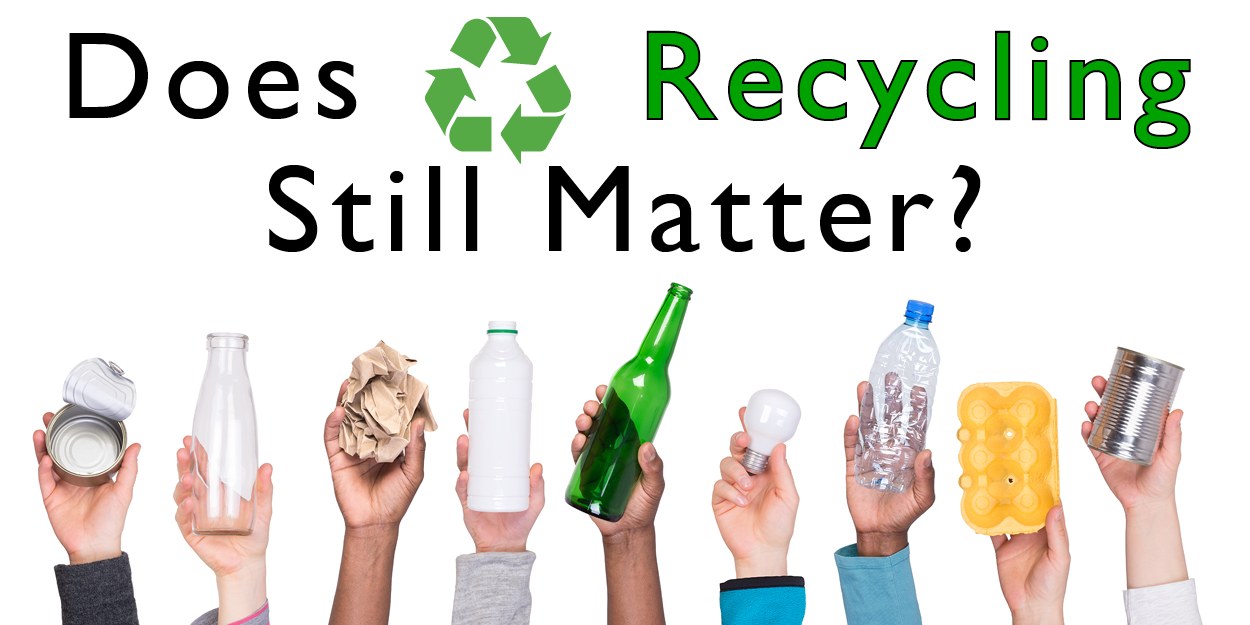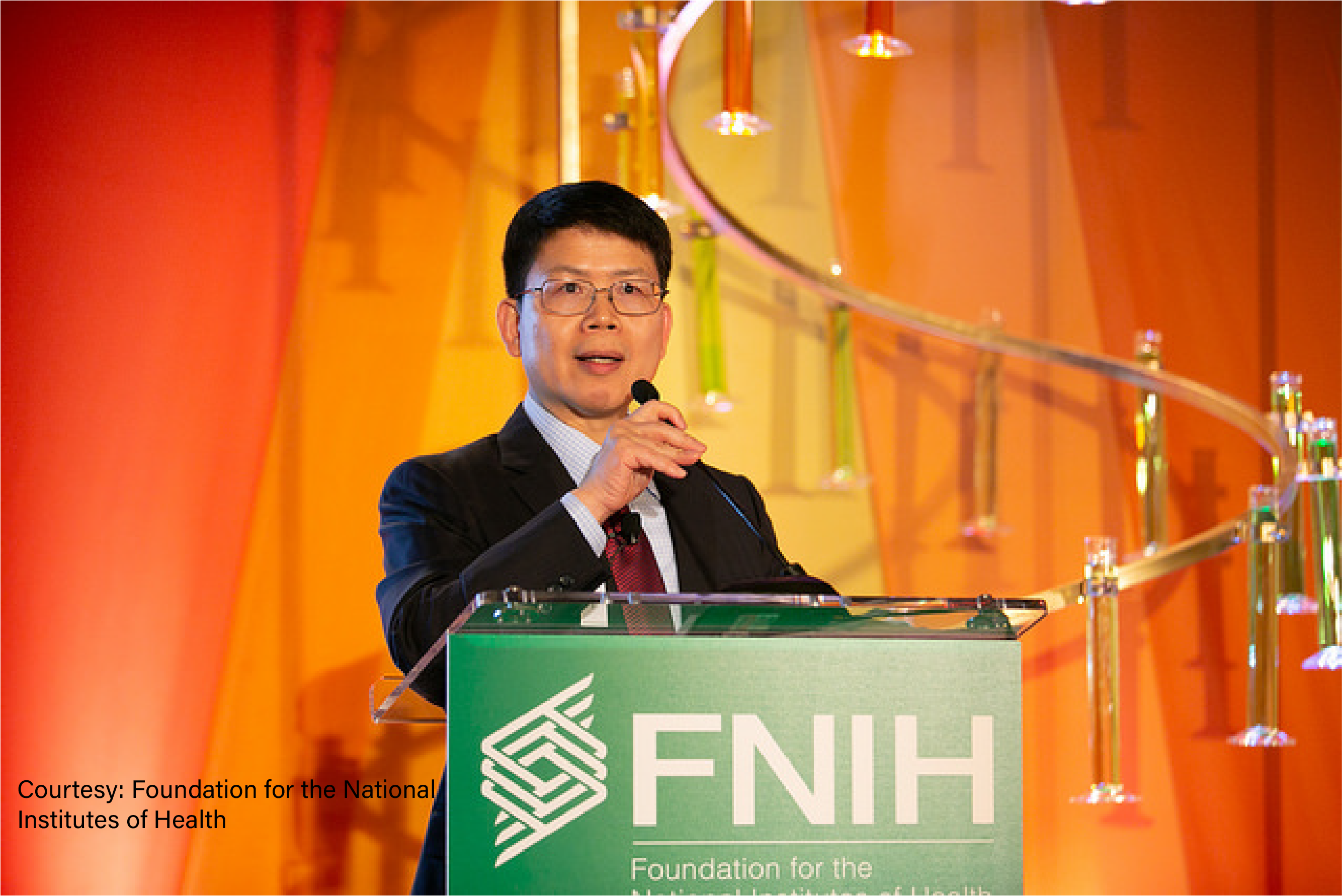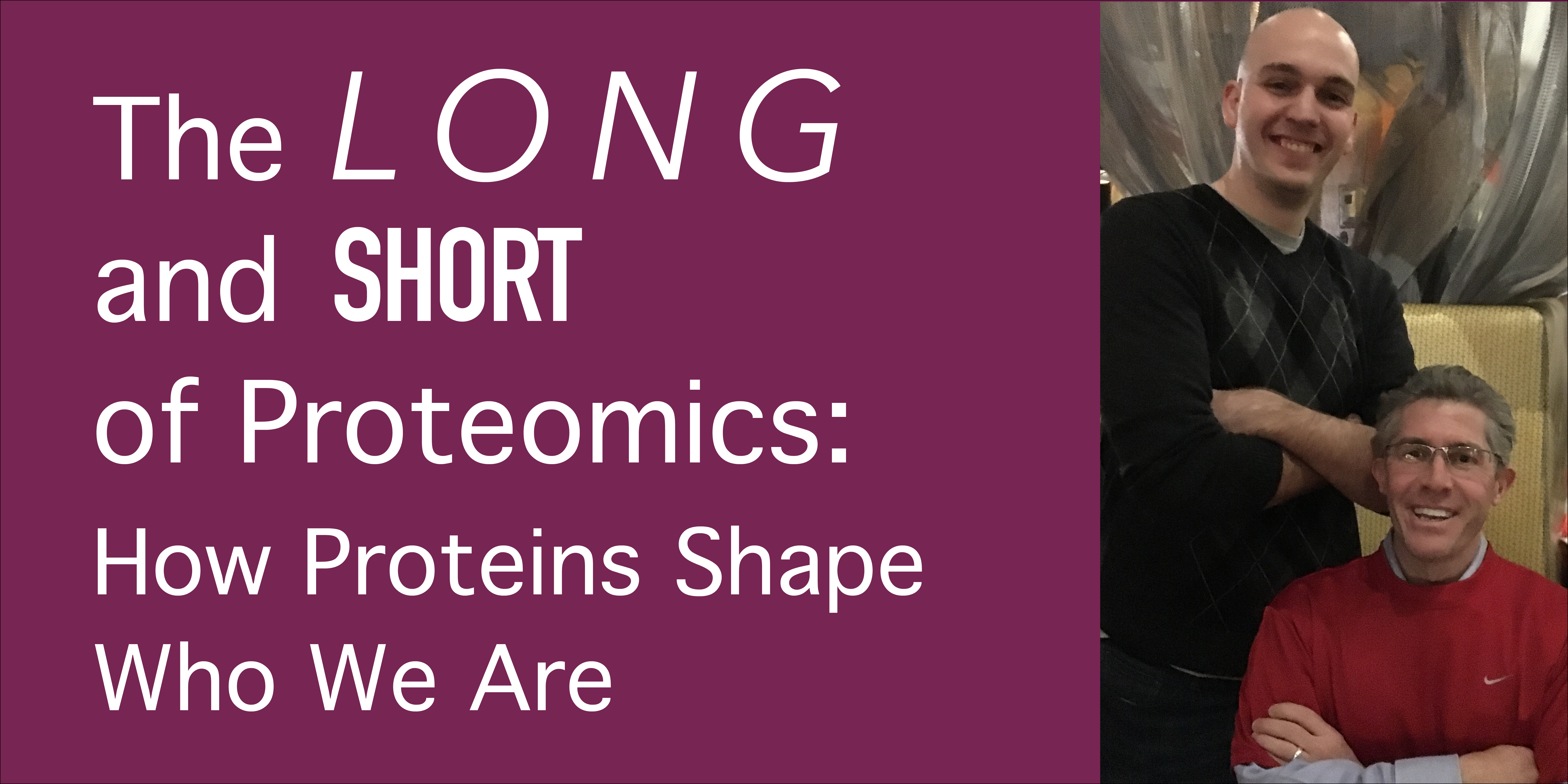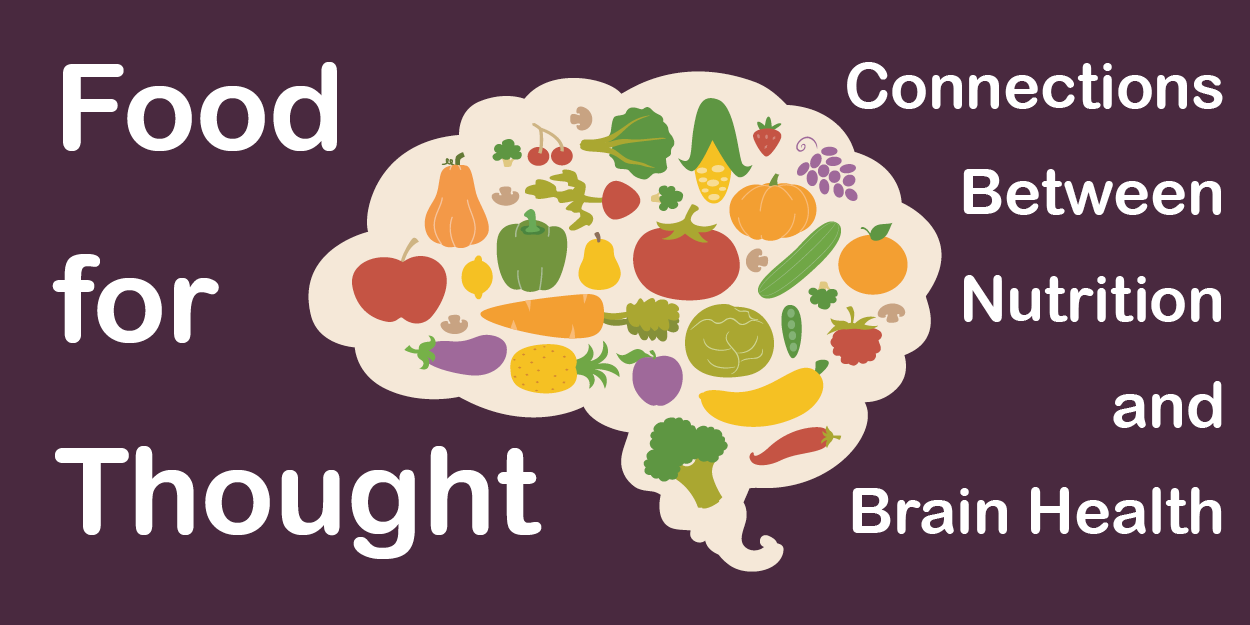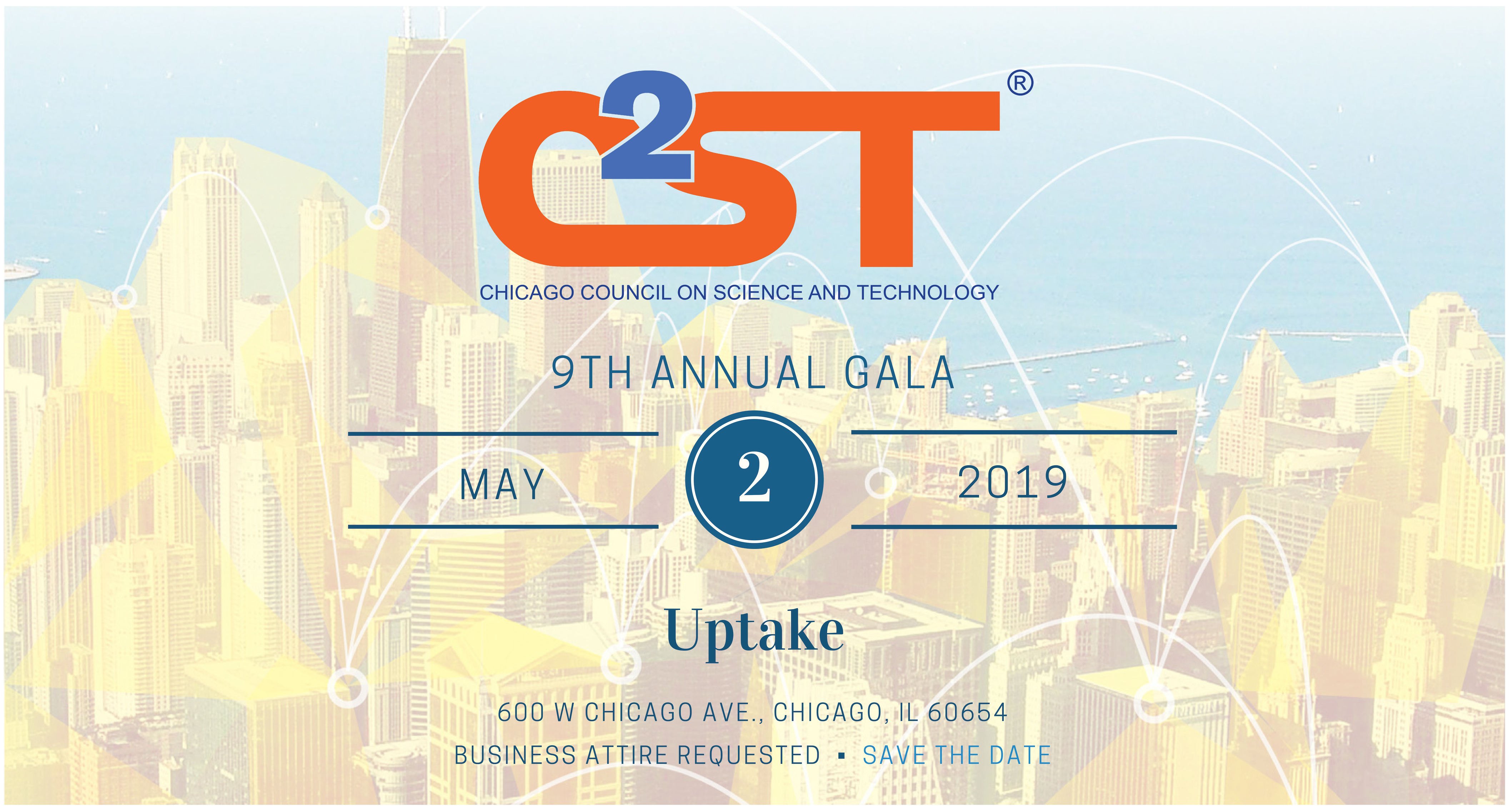Events
C2ST achieves its mission by hosting relevant, independent, and credible public STEM programs across all scientific fields at locations throughout Chicagoland. With nine out of ten program attendees’ expectations fulfilled, our supporters agree that C2ST is accomplishing its mission of increasing the public’s understanding of science and technology.
Miss an event? Anyone across the globe can access our STEM program library by visiting our YouTube channel, C2ST TV. Also be sure to follow us on Facebook, where we livestream many of our programs.
Check out below what programs we have planned and discover what we’ve hosted in the past.
The following testimonial from a C2ST supporter demonstrates the scope of our programming:
“A few years ago you hosted a talk called “The Science of Addiction”…I am a mother of a son who has been battling heroin addiction (substance abuse disorder)…As a person who taught and believed in science, I was frustrated going to family meetings where I was told repeatedly we were powerless. Then I attended the lecture hosted by C2ST and asked the question of what we could do to help support their research…Thank you so much! This lecture gave me direction and helped me feel like I had a purpose.”
Filter Events
July 23, 2019
10:30 am
– 3:00 pm
University of Illinois at Chicago, Student Center East Building, Illinois A Room
UIC Student Center East, South Halsted Street, Chicago, IL, USA
Program Series:
Life Science
Come learn about the wild animals that live among us at an interactive research expo followed by a talk by Lincoln Park Zoo’s Dr. Seth Magle!
Cities are built for people, but increasingly house many species of wildlife. These species can range from the familiar, like squirrels and pigeons, to the unusual, like hawks and coyotes. To learn to live with these animals, a scientific approach is needed. In Chicago, Illinois, the third largest city in the United States, Dr. Seth Magle, of the Lincoln Park Zoo, and his team have conducted research for ten years on urban mammals using a unique long-term approach. He will describe their work and some of its findings. Their ultimate goal, though, is to learn about urban wildlife species not just in Chicago, but worldwide. For that reason, they have also designed a pioneering research network, the Urban Wildlife Information Network, where partners all across North America collaborate to collect long-term data on many different species in their cities. This network is used to connect the public to local nature and help people learn about wildlife in urban regions. The hope is that this network will increase awareness of the importance of urban nature, and provide information critical to creating greener, wilder cities, in which humans and wildlife can co-exist.
This event is a part of the Animal Behavior Society’s Annual Conference, Behaviour 2019, and will feature a public outreach fair prior to the program. Stop by between 9 am and 1 pm to take a look at exciting animal behavior research happening across the country!
June 11, 2019
6:00 pm
– 8:00 pm
Harold Washington Library Center
Harold Washington Library Center, Chicago Public Library, South State Street, Chicago, IL, USA
Program Series:
Climate, Energy, and Environment
The recycling industry is in crisis. After decades of growth and public acceptance, nearly all Americans now have access to some type of recycling services. But are these services providing what we expect? How much of what we put into the bins is actually recycled? Read more…
May 30, 2019
4:00 pm
– 5:30 pm
Northwestern Medicine Prentice Women's Hospital, Third Floor, Conference Room L
250 East Superior Street, Chicago, IL, USA
Program Series:
Life Science
Register now to attend “Harnessing the body’s immune system to fight cancer and autoimmune diseases” with the renowned 2018 FNIH Lurie Prize in Biomedical Sciences Winner, Dr. Zhijian ‘James’ Chen!
A recent breakthrough in our war against cancer is the development of therapies that harness our body’s immune system to seek out and destroy tumor cells. While such immunotherapies have significantly prolonged the life of some patients who had previously exhausted all treatment options, the majority of cancer patients still do not benefit from existing immunotherapies. Thus, there is an urgent need to devise new therapies that can benefit a larger population of cancer patients. Read more…
May 16, 2019
7:00 pm
– 8:00 pm
Emporium Wicker Park
Emporium Wicker Park, North Milwaukee Avenue, Chicago, IL, USA
Program Series:
Life Science
Renowned Northwestern University molecular bioscientist Neil Kelleher, who stands 5’0” tall in his socks, and his good friend Luka Mircovic, 6’11”, a former power forward for the 2012 Northwestern Wildcats, will discuss the role of proteins in human health, disease, and how they can shape the diagnostics of the future. Read more…
May 9, 2019
6:00 pm
– 7:30 pm
Ping Tom Memorial Park, Leonard M. Louie Fieldhouse
1700 South Wentworth Avenue, Chicago, IL, USA
Program Series:
Health and Wellness
There is growing research evidence that what you eat can affect your mental health, including your mood and cognition. The evidence supporting nutrition’s role in brain health will be discussed in our next Science in the Parks program. Read more…
Description
On Thursday, May 2 the Chicago Council on Science and Technology will hold our largest fundraising event of 2019: Science in the City. The evening supports C2ST’s mission and full spectrum of programming. Your support is critical to our mission. Read more…

